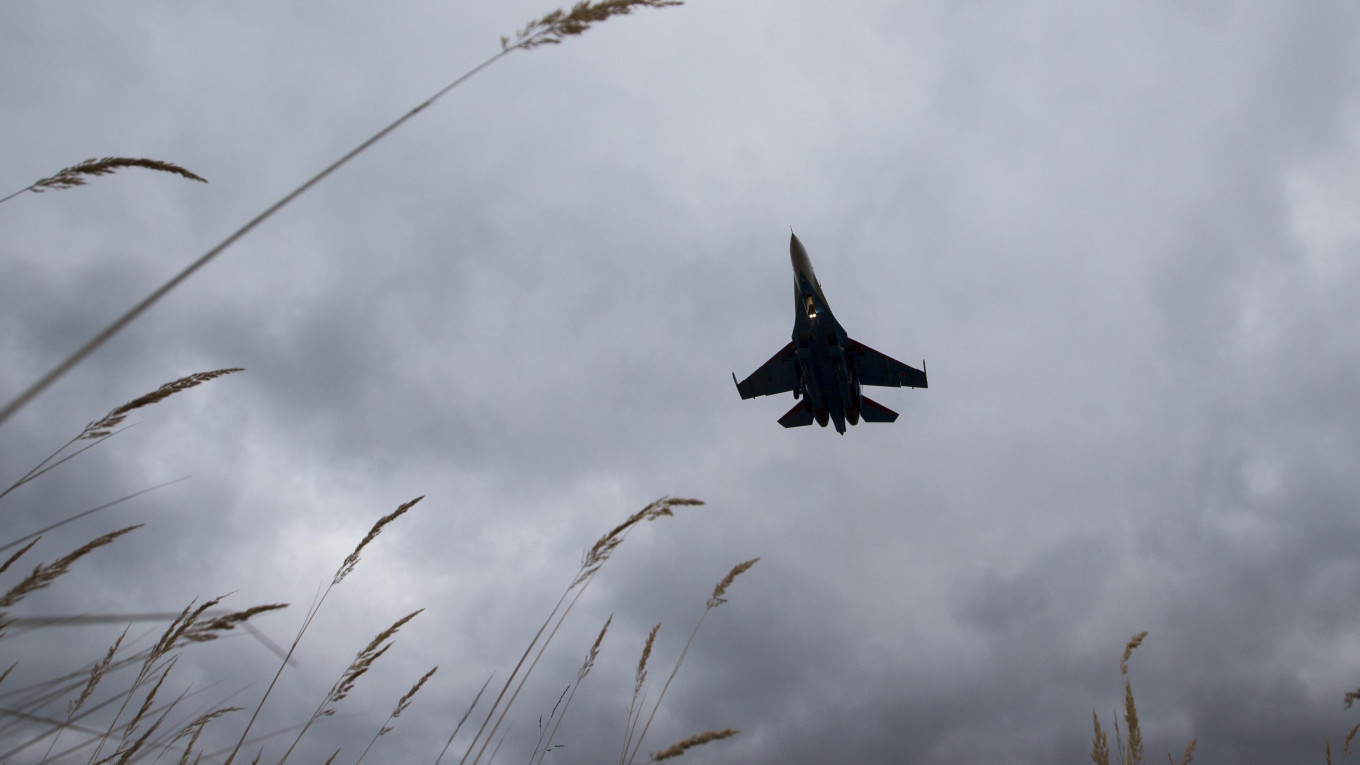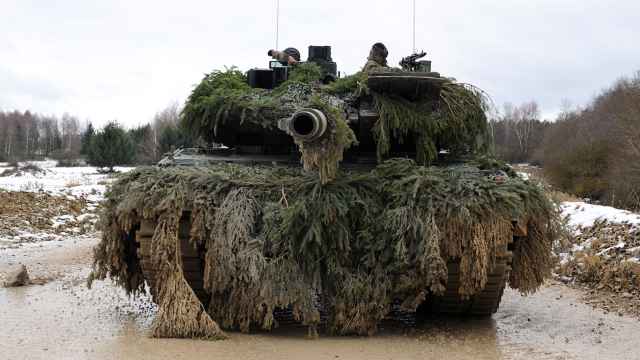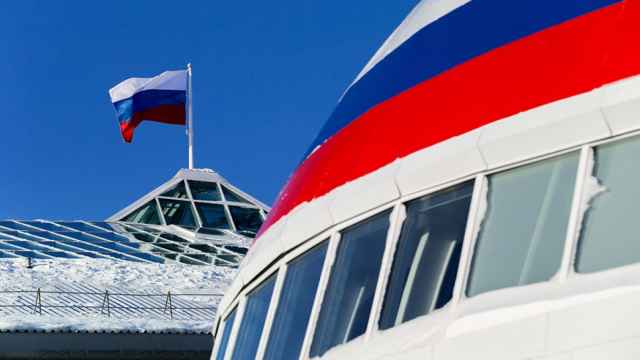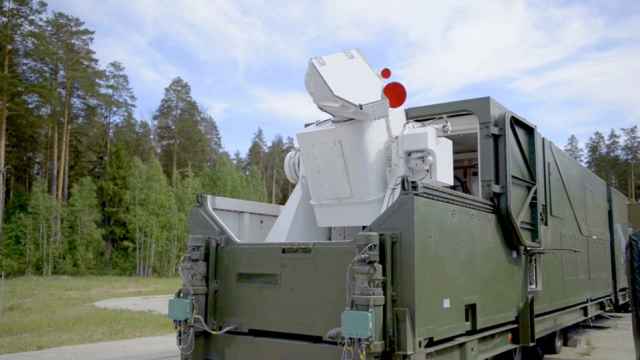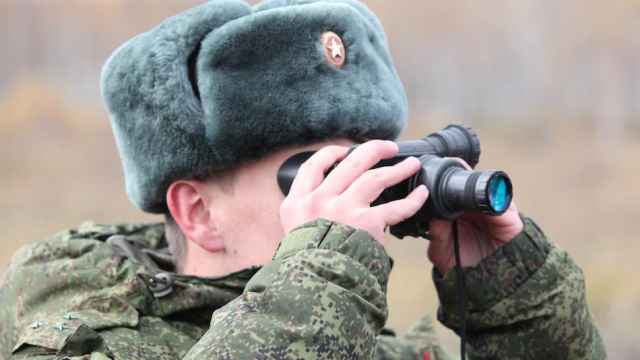The Russian Air Force is set to receive five new fighter jets in 2017 as part of plans to modernize Russia's military forces.
Five Sukhoi T-50 jets will join Russia's fleet, alongside more than 20 Su-30SM fighter jets, upgraded Tu-95 and Tu-160 strategic missile carriers, Mi-28 and Ka-52 attack helicopters, according to Commander Col. Gen. Viktor Bondarev.
The initial five jets will be tested by the state before the planes are serially produced. The fifth-generation multipurpose fighter features supersonic flight without afterburner, and low radar, optical, and acoustic visibility. It can also carry out short takeoffs and landings.
Russian aviation units will receive more than 900 new planes and helicopters by 2020, with another 900 set to be repaired, said Lt. Gen. Pavel Kurachenko, deputy commander of Russia's Aerospace Forces.
The plans are part of a wider modernization drive which will see Russia double the strength of their artillery corps by 2021, Lt. Gen. Mikhail Matveev told journalists Friday.
The Russian army announced the launch a new generation of Tornado-S multiple rocket launcher systems last year, boasting increased distance, precision, and strength capabilities. Ground forces also continue to receive Tornado-G rocket launchers, as well as new Khrizantema-S armor-piercing rocket launchers.
Earlier this week, the Russian Navy announced that it would add around 100 new airborne vehicles by 2020, including Udav-M and Zapad multiple rockets launchers produced by the SPLAV arms firm. The two rocket models have been out of production for 20 years.
Russia has budgeted 20 trillion rubles ($335.7 billion) for military modernization between 2011 and 2020, but Western-imposed sanctions and a tanking economy have repeatedly challenged upgrade efforts.
A Message from The Moscow Times:
Dear readers,
We are facing unprecedented challenges. Russia's Prosecutor General's Office has designated The Moscow Times as an "undesirable" organization, criminalizing our work and putting our staff at risk of prosecution. This follows our earlier unjust labeling as a "foreign agent."
These actions are direct attempts to silence independent journalism in Russia. The authorities claim our work "discredits the decisions of the Russian leadership." We see things differently: we strive to provide accurate, unbiased reporting on Russia.
We, the journalists of The Moscow Times, refuse to be silenced. But to continue our work, we need your help.
Your support, no matter how small, makes a world of difference. If you can, please support us monthly starting from just $2. It's quick to set up, and every contribution makes a significant impact.
By supporting The Moscow Times, you're defending open, independent journalism in the face of repression. Thank you for standing with us.
Remind me later.


